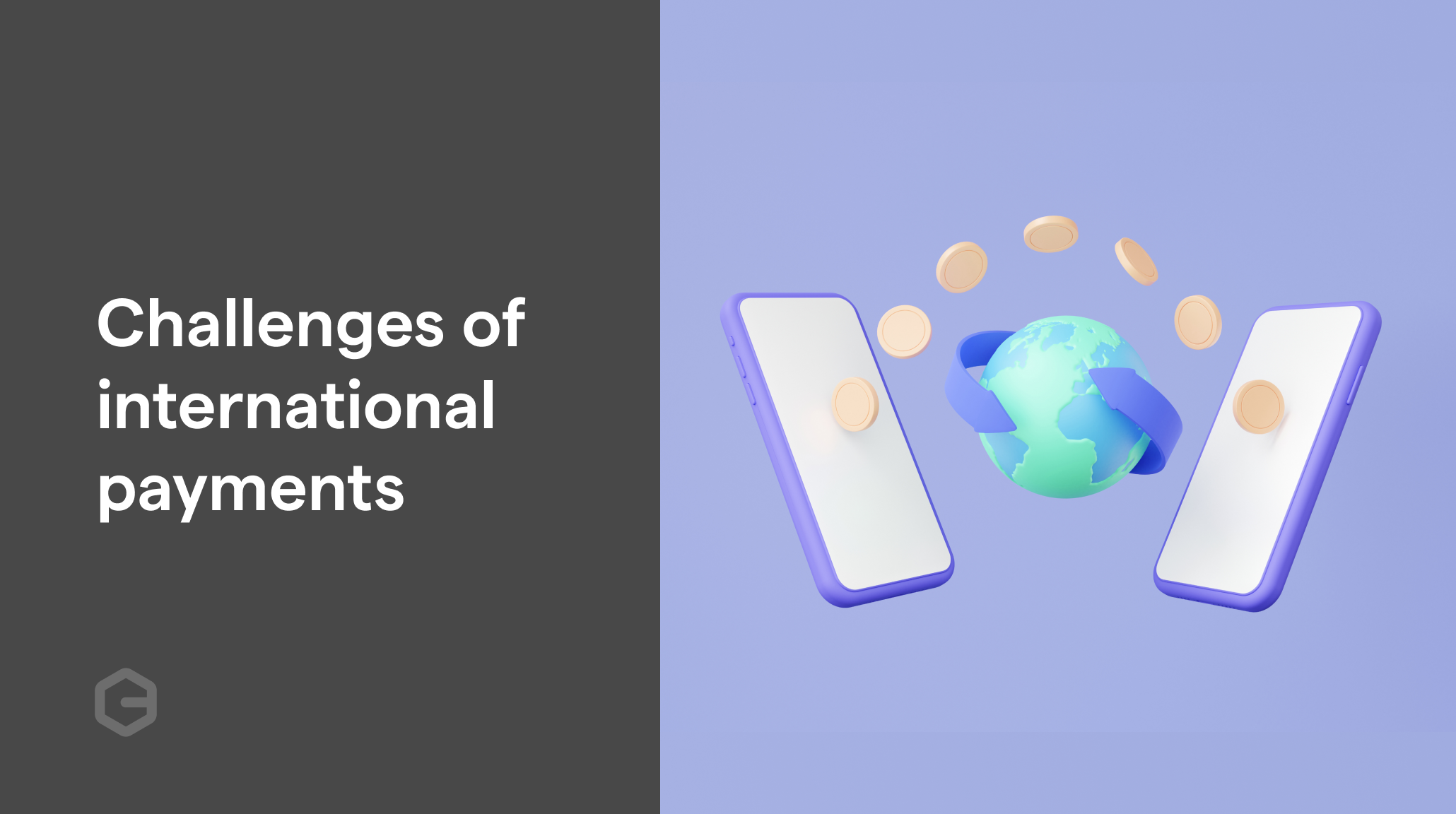Expanding your business internationally often raises the crucial question of which payment platform you can trust. Among many options, Payoneer is a name that usually pops up. Its platform enables businesses and freelancers to send and receive cross-border payments.
However, this blog isn’t a promotional brochure. We’re here to dissect Payoneer, its availability in India, how it works, its features, fees, potential risks, and most importantly, whether it's genuinely the best choice for Indian businesses. We’ll also explore strong alternatives so you can make a well-informed decision that fits your needs.
Is Payoneer Available in India?
Yes, Payoneer is available in India. Indian businesses and freelancers can create Payoneer accounts, link their local bank accounts, and receive international payments in INR. It offers various withdrawal and payment solutions for Indian users.
Payoneer operates under stringent compliance checks and cross-border regulations, meaning transactions might be subjected to additional scrutiny compared to domestic platforms. Understanding its working model is essential to see if it aligns with your payment needs.
How Does Payoneer Work in India?
In India, Payoneer operates as a registered financial services provider. Users can directly receive payments from international marketplaces, companies, and clients into their Payoneer account. The money is transferred to their Indian bank account in INR after currency conversion and applicable fees.
Here’s how the process generally flows:
Account Setup: Create an account with Payoneer and verify your identity.
Receiving Payments: Share your Payoneer receiving account details or request client payments.
Currency Conversion: Payoneer converts the incoming amount to INR at their exchange rates.
Bank Transfer: Funds are withdrawn to your linked Indian bank account.
This process seems straightforward. However, the associated costs and service limitations are worth examining closely.
Also Read: Opening a Bank Account in the U.S. as a Foreigner or Non-Resident
Key Features of Payoneer
Payoneer provides several features, making it a preferred option for many global users. The following features are noteworthy:
Global Receiving Accounts: To receive payments internationally, get local bank account details in USD, EUR, GBP, and more.
Multiple Withdrawal Options: Withdraw to your local Indian bank account or use the Payoneer Prepaid Mastercard.
Marketplace Integrations: Seamlessly connect with Amazon, Upwork, Fiverr, and other global platforms.
Mass Payout Services: Useful for companies managing multiple freelancers or contractors.
Invoicing Capabilities: Send professional payment requests to clients across different geographies.
While these features sound robust, understanding the cost is crucial before deciding.
Fees of Payoneer in India
Payoneer’s services are not free, and its fee structure deserves a closer look. The key charges you should be aware of include:
Receiving Payments: Free if paid from another Payoneer user; up to 3% fee if paid via credit card.
Currency Conversion Fee: 2% to 2.75% above the mid-market exchange rate.
Bank Withdrawal Fee: Included within the conversion margin but can fluctuate based on currency and country.
Inactivity Fee: $29.95 annually if the account is inactive for 12 months.
These fees, especially the currency conversion markup, can significantly affect your earnings.
Also Read: Understanding Types of GST: IGST, CGST, SGST, and UTGST in India
Is Payoneer the Best Option in India? Risks & Limitations
Payoneer has been reliable for many, but it isn’t without drawbacks. The primary risks and limitations are:
Account Freezing: Users often report sudden account suspensions during compliance reviews.
High Currency Conversion Charges: The 2%-2.75% markup on currency conversion can add up.
Limited Customer Support: Response times and support quality are frequently criticized.
Lengthy Verification Processes: This is especially problematic for urgent payments.
Unpredictable Regulations: Cross-border payment policies are subject to change, adding uncertainty.
While Payoneer offers many conveniences, these factors can impact small and medium businesses more than they anticipate.
Top 4 Alternatives to Payoneer in India
Here are the top alternatives for businesses that prefer lower fees, better customer service, and quicker settlements.
PayGlocal
Ratings:
G2: 4.7/5
Capterra: 4.8/5
Pricing:
Competitive transaction fees tailored for businesses; no hidden currency conversion charges.
Key Features:
Domestic Bank Settlements: Settle international payments directly into Indian bank accounts without opening foreign ones.
Faster Payment Processing: Payment settlements happen faster than traditional payment gateways.
Robust Security: Features strong fraud prevention mechanisms.
Customizable Solutions: Tailored payment infrastructure for B2B and B2C businesses.
User Review:
PayGlocal makes it easy for businesses like ours to accept international payments without worrying about delays or unnecessary charges. — Radhika S., Capterra Review.Wise (Formerly TransferWise)
Ratings:
G2: 4.6/5
Capterra: 4.7/5
Pricing:
Transparent, low-cost fees; uses the real mid-market exchange rate with no hidden markups.
Key Features:
Real Exchange Rate: Converts currencies at the live market rate without adding extra margins.
Transparent Fees: See exact charges before confirming the transaction.
Multi-Currency Accounts: Hold, send, and receive money in multiple currencies with ease.
Fast Transfers: Many transactions are completed within hours.
User Review:
Wise is my go-to for international payments. I love their transparency — no surprises in fees or conversion rates. — Amit P., G2 Review.Instamojo International
Ratings:
G2: 4.4/5
Capterra: 4.5/5
Pricing:
Minimal setup fees; competitive transaction charges with flexible payment options.
Key Features:
Quick Payment Links: Generate and share links easily for faster client payments.
Competitive FX Rates: Transparent foreign exchange rates without excessive markup.
Marketplace Integrations: Seamlessly connects with platforms like Shopify, WooCommerce, and others.
No Coding Required: Set up and start receiving international payments without technical expertise.
User Review:
Instamojo International made it easy for my online store to start accepting payments globally with almost no effort. — Sneha M., Capterra Review.PayPal India
Ratings:
G2: 4.3/5
Capterra: 4.2/5
Pricing:
Higher transaction and conversion fees than competitors; best suited for clients who prefer PayPal.
Key Features:
Global Acceptance: Accepted in over 200 countries and regions worldwide.
Buyer and Seller Protection: An added layer of security for both senders and receivers.
Flexible Withdrawals: Easily withdraw funds to Indian bank accounts.
Recurring Billing Options: Set up subscription-based or regular payments.
User Review:
PayPal's global reach is unmatched. Although the fees are a bit high, it's still a must-have for international clients. — Ravi T., G2 Review.Also Read: Guide to International Money Transfer for Indian Businesses
Payoneer Fees Reviews: What People Are Saying
Real users offer valuable insights into the practical issues they face. Here are three user reviews:
User: Carl (Capterra):
...very reliable for me for receiving and sending payments internationally…
User: Amy (Capterra):
...impressed with how flexible it is with supporting various currencies…
User: Suzette (Capterra):
The payments are available immediately…
These reviews reveal consistent transparency, support, and reliability issues, critical factors when choosing a payment partner.
PayGlocal: Your Trusted Payment Partner for Global Transactions
If you're serious about seamless international payments without hidden charges or endless verification hurdles, PayGlocal stands out. Designed for businesses of all sizes, it offers fast, secure, and cost-effective cross-border payment solutions, making it the preferred choice for many Indian enterprises today.
Why settle for less when you can have faster settlements, localized solutions, and a team that truly understands your business needs? PayGlocal is quickly becoming the go-to choice for businesses that value fast settlements, transparent pricing, and excellent support.
Are you looking for a payment solution that truly understands your business needs? Get started with PayGlocal today and experience a more innovative, faster, and safer way to grow your business internationally!
FAQs
Does Payoneer provide Indian users with a physical card?
As of recent updates, Payoneer has restricted the issuance of prepaid MasterCards to new users in India. Existing users with a card may still use it per the updated terms.
Can I use Payoneer to receive payments from all countries?
You can receive payments from most countries. However, some regions may have regulatory restrictions. It's best to check Payoneer's list of supported countries and partners for up-to-date information.
Is GST applicable to Payoneer transactions in India?
Under Indian taxation laws, services rendered to international clients may be subject to GST. You should consult a tax advisor to ensure compliance with all applicable laws.
Can Indian users send payments using Payoneer?
Sending payments from India via Payoneer is limited. The platform primarily receives international payments and transfers them to local bank accounts.
What documents are required for Payoneer KYC in India?
Typically, Indian users need to submit a government-issued ID (like PAN or Aadhaar), proof of address, and bank account details. Additional documents may be requested based on your account activity or transaction volume.


